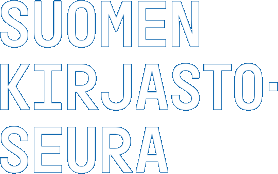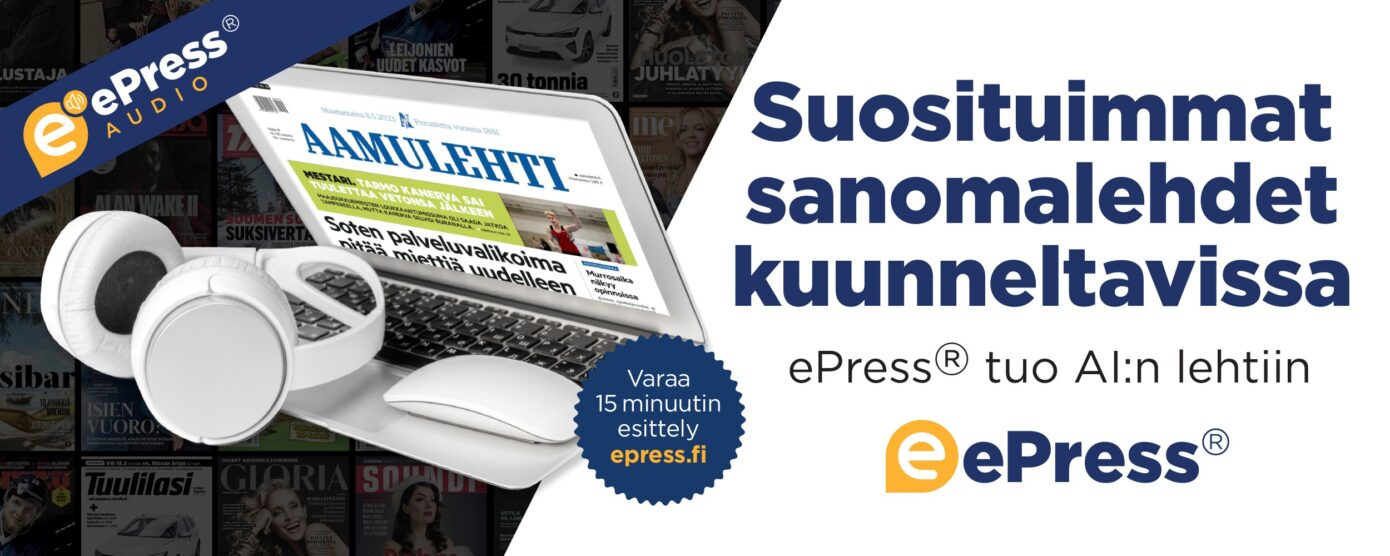The most significant work of libraries is only just beginning
The right to information
FINNISH society’s basic values include multidimensional freedom of speech. According to the Constitution of Finland, the freedom of speech itself encompasses the right to express, publish and receive information. In addition, the Constitution defines citizens’ educational rights.
THE LIBRARY institutionhas beentraditionally seen as a key promoter of these rights in Finland. A public, tax-funded library enables the utilization and publishing of information. Even today, the library is too often viewed only through its loan function, without understanding that the generation of data or, more broadly, information is a historical process. The marketization of publishing and emphasizing the merchandise nature of books and other documents increases the probability of this misinterpretation. One extreme of this mindset is represented by those who marginalize the library institution as a book depository – even a disposal site – instead of seeing it as a central agent in absorbing information and producing new information.
PUBLISHING and information production were digitalized rapidly, which first caused strong critique against the library institution and its role. According to the most extreme claims, the library was just an unnecessary intermediate level between the publisher and the reader. This view is based on the idea that a book is an isolated entity that is sold, read and then thrown to the waste basket, or in the best-case scenario, to the recycling bin. In this thought pattern, digital distribution is an optimal consumption channel: there is no need to throw away the e-book.
INFORMATION and human knowledge, however, are not bound to individual literary works but lie in the interpretations of the works by authors and readers, and in the everyday applications of information at theoretical and practical levels. The library has, throughout its history, been a place that enables the application and utilization of information. A public library open for all provides everyone and every publication with this opportunity.
THE ROLE of the library institution does not change radically in the digital world: libraries must organize documents into collections, create the necessary metadata for them, and support users in data acquisition. What can and should change in the library institution when it moves online is the adoption of an active and participatory approach. A passive storage library will not succeed in a networked world. The right to information as such implies an active approach in data evaluation and particularly in developing related competence.
THE MOST SIGNIFICANT work of libraries is only just beginning. Creating organized digital collections that would be preserved for at least a couple of hundred years (i.e. for a ridiculously short period in the cultural history of mankind) is a task that awaits its realizer. If the library institution does not actively start to carry out this task, we are creating a culture of stupidity and ignorance: a mankind that does not remember what it has done and invents the bicycle again and again!

